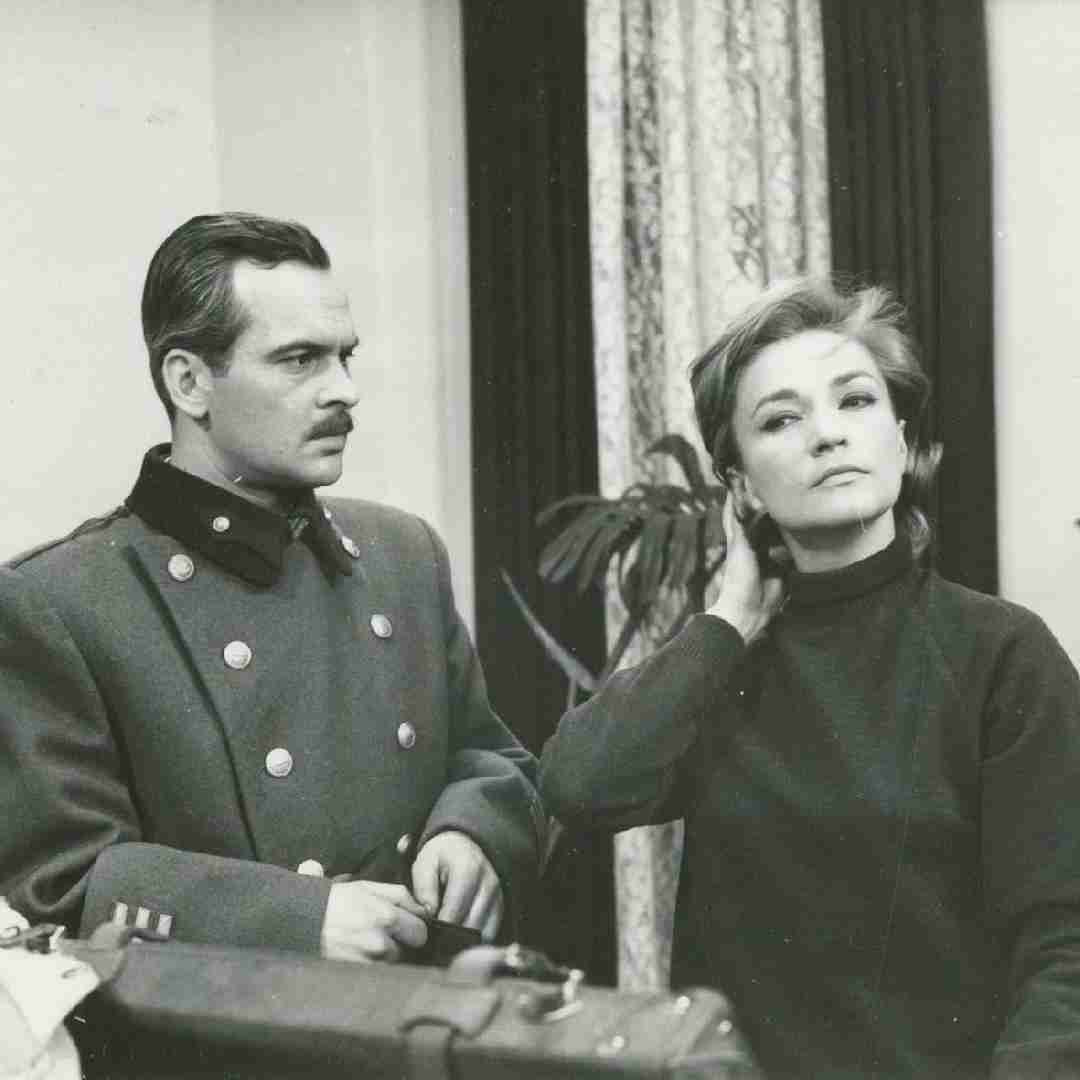Four defendants wait in a cramped prison cell. The court accuses them of active participation in the 1942 massacre in Novi Sad that claimed thousands of innocent civilian lives. The former soldiers, who served in various ranks and positions, begin to talk and recall where they were, what orders they received and what they saw during those three freezing days. As they tell their stories from different perspectives, terrible secrets are revealed.
Director András Kovács's 1966 film focuses on a hitherto silenced event, the 1942 massacres in Novi Sad. Yet it is not primarily the specific historical situation that interests him, but the agonising dilemmas of those involved. Instead of a straightforward narrative, the tragedy in Novi Sad is revealed through the characters' vivid memories. They try to justify and exonerate themselves, but in the oppressive confinement of prison they are forced to reckon with the past and themselves.
▶️ Register to receive your unique access code until May 31, TUE 3 PM.
▶️ With the link provided, you can stream the movie on June 1, WED between 12 AM - 11:45 PM.

Zoltán Latinovits and Éva Vass in Cold Days, 1966.
About the director
András Kovács studied psychology, sociology and aesthetics before becoming a director. In the 1950s he worked as a dramaturg and only relatively late, in 1960, at the age of 35, did he direct his first feature film. Cold Days, based on Tibor Cseres' historical fact-finding novel, which summarises twenty years of research, was brought to the screen six years later.
András Kovács's work ultimately went down in film history as one of the greatest feats of Hungarian modernism. Although the premiere of Cold Days in Hungary was met with great interest and controversy, largely due to its previously taboo subject matter, the film was very well received by critics and won the top prize at the 1967 Hungarian Film Festival. Two years later, it was voted into the Budapest Twelve, becoming one of the best films of the period 1948-1968 and awarded by the International Association of Film Critics at the Karlovy Vary Film Festival.
Source: Filmarchív
